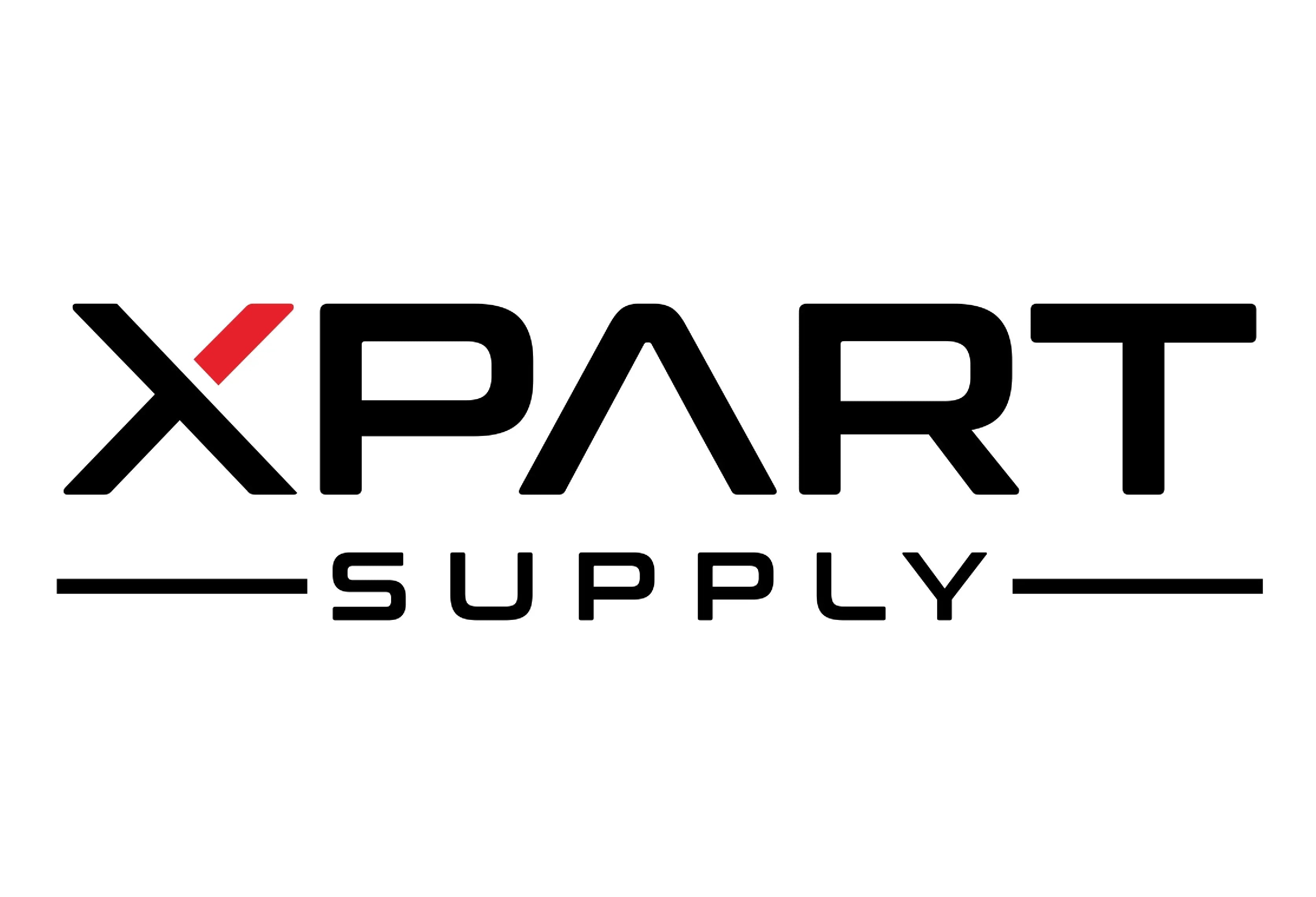Appliances make our lives easier and more convenient, but they also require regular maintenance to keep them running efficiently. One essential part of appliance maintenance is proper cleaning. However, cleaning appliances can sometimes be tricky, and if not done correctly, it can even damage the appliance. In this guide, we will provide you with some helpful tips for safely cleaning your appliances to ensure they stay in top condition for years to come.
1. Read the Manufacturer's Instructions
Before you start cleaning any appliance, it's crucial to read the manufacturer's instructions. Different appliances have different cleaning requirements, and following the manufacturer's guidelines will help prevent damage and ensure proper cleaning.
2. Unplug the Appliance
Safety should always come first. Before cleaning any appliance, make sure to unplug it from the power source to avoid the risk of electric shock. This is especially important for appliances like ovens, refrigerators, and washing machines.
3. Use the Right Cleaning Products
Not all cleaning products are suitable for all appliances. Using the wrong cleaning product can damage the appliance's surfaces or components. Refer to the manufacturer's instructions to determine the right cleaning products to use for each appliance.
4. Clean the Interior Regularly
Appliances like refrigerators, ovens, and microwaves have interior surfaces that require regular cleaning to prevent the buildup of dirt, grime, and bacteria. Use a mild detergent or a specific appliance cleaner to clean the interior thoroughly.
5. Do Not Forget the Exterior
While cleaning the interior is essential, do not overlook the exterior of your appliances. Wipe down the exterior surfaces with a damp cloth and a gentle cleaning solution to keep them looking clean and shiny.
6. Pay Attention to Seals and Gaskets
Seals and gaskets in appliances like refrigerators and dishwashers play a crucial role in maintaining proper temperature and preventing leaks. Regularly clean and inspect these seals to ensure they are in good condition.
7. Clean Filters and Vents
Filters and vents in appliances such as dishwashers, dryers, and air conditioners can get clogged with dust and debris over time. Clean or replace these filters regularly to ensure optimal performance.
8. Be Gentle with Glass Surfaces
Appliances with glass surfaces, such as oven doors or cooktops, require special care during cleaning. Use a soft cloth and a gentle glass cleaner to avoid scratching or damaging the glass.
9. Remove Buildup in Hard-to-Reach Areas
Appliances often have hard-to-reach areas where dirt and grime can accumulate. Use a brush or a vacuum attachment to reach these areas and remove any buildup effectively.
10. Let Appliances Dry Completely
After cleaning your appliances, make sure to let them dry completely before plugging them back in or using them. This step will help prevent electrical hazards and ensure that no moisture remains inside the appliance.
11. Schedule Regular Maintenance
In addition to regular cleaning, scheduling professional maintenance for your appliances can help detect and prevent potential issues before they become major problems. Consider hiring a professional service technician to inspect and maintain your appliances periodically.
12. Keep Your Appliances Looking and Performing Like New
By following these tips for safely cleaning your appliances, you can ensure that they remain in top condition, both in terms of appearance and performance. Regular cleaning and maintenance will not only extend the lifespan of your appliances but also save you money on repairs in the long run. Take care of your appliances, and they will take care of you!


